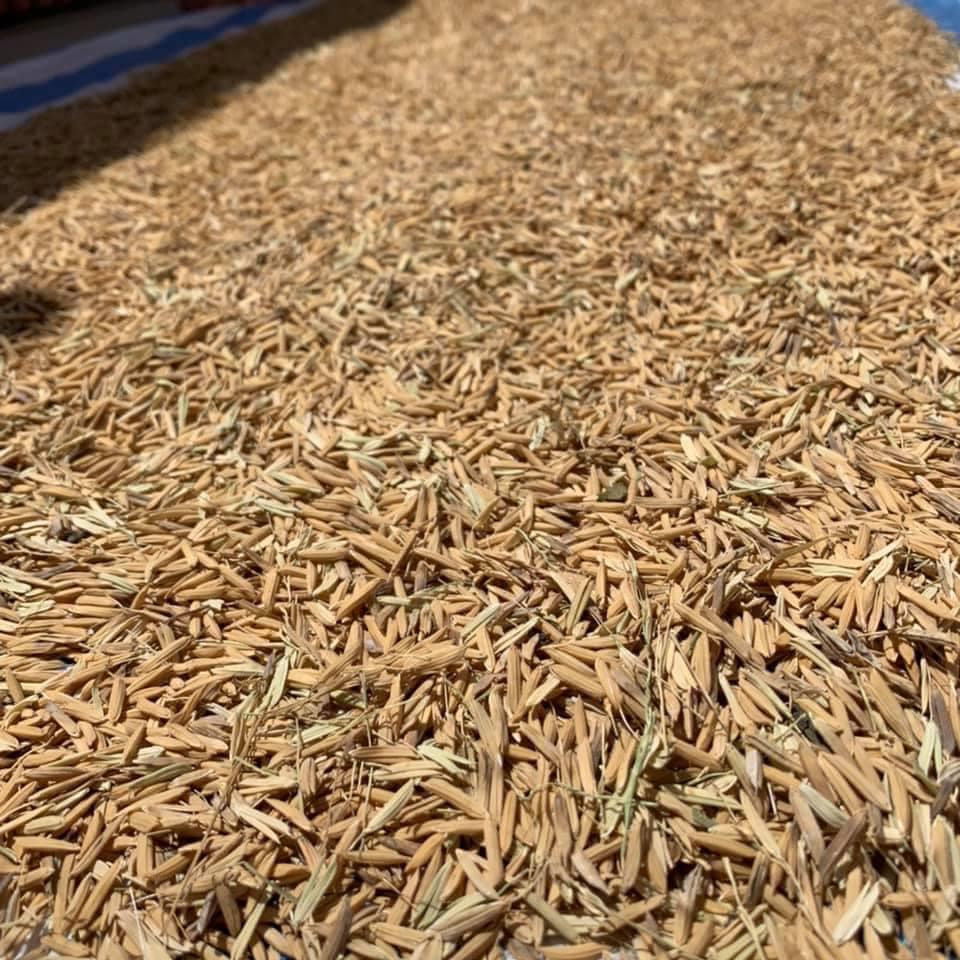
人智學史代納博士的哲學理論比起其他哲學家例如知識論者(Epistemologists)擁有更深入的對人性/靈性的理解。
記得去年我們舉辦製作花水工作坊,跟參加者說到,我們採集花朵只會收足夠的,其他就留給花朵自己結籽。
種子本質上其神聖性更明顯,首要亦是唯一的目的就是為下一棵植物做預備。人類食用種子(例如,麥,米和堅果)用作營養補充就是終結植物的傳承。為了讓植物的付出更具意義,人們不只是要吸收營養,延續身體運作。此處博士比喻為得到外在世界的知識,得到知識後,更要將其能量内化,然後為宇宙(神)服務。(註:現世人的四肢發展是下一生頭部發展的基礎)。
以下節錄自 <Riddle of Humanity> GA170
“Let us once more consider the curious fact that a great number of grains of wheat are used as food for human beings instead of for the generation of new wheat plants! So we can say that the grains of wheat are removed from the direct line of their own ongoing development. Otherwise, a new wheat plant is generated from the grain, and this bears further grains of wheat, and so on. But countless grains are split away from this procession; they are transferred into an entirely different realm, that of human nourishment, and this has nothing to do with the ongoing stream.
…It is similar when we go about acquiring knowledge of external nature and of outer things. This transfers the things to another sphere. We human beings are able to extract a substantial portion of what is in us, in the form of matters concerned with truth, for the purpose of enabling the body of our present incarnation to be transformed into the head of the next incarnation. We can extract much for the sake of present knowledge, but we must take care that this knowledge is put to a different use. In a certain sense, the grains of wheat are ennobled by being used as human nourishment, so they receive a recompense for being separated from their own original nature.
Something similar should come about in the case of external human knowledge, which is developed in a way that runs totally contrary to the nature of ideas and truth. In his heart, man should make a gift to the gods of all the truths acquired in the form of pictures of the external world. Man should always say to himself: When you obtain knowledge, you remove it from the progressive stream. Be clear that the acquisition of knowledge must be in the service of the gods.”
